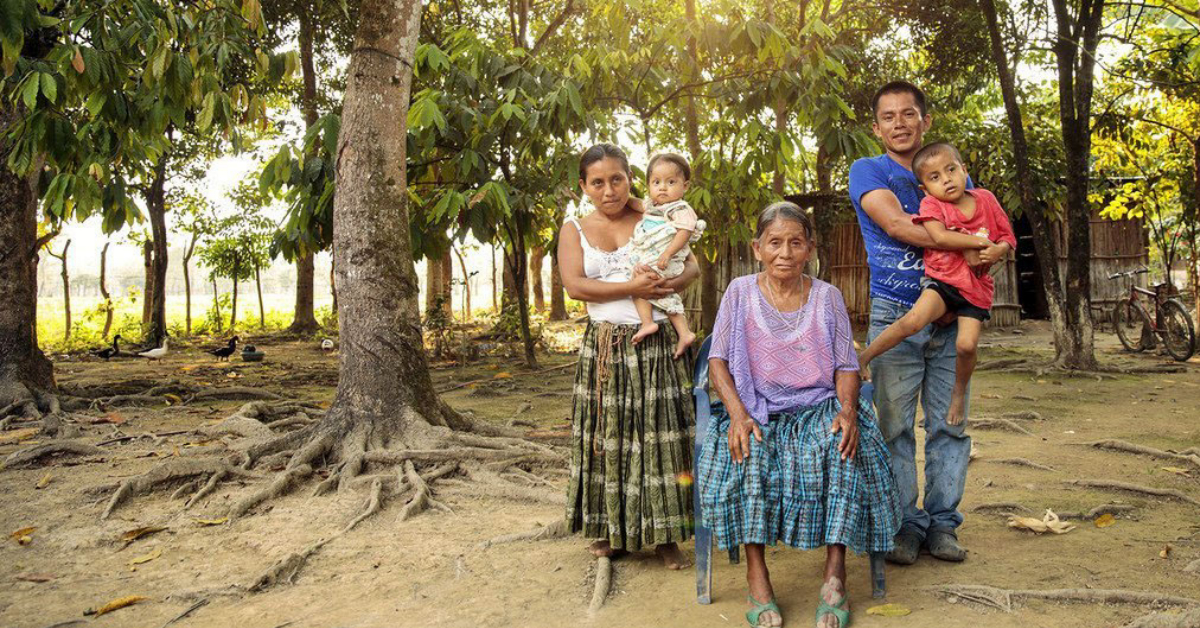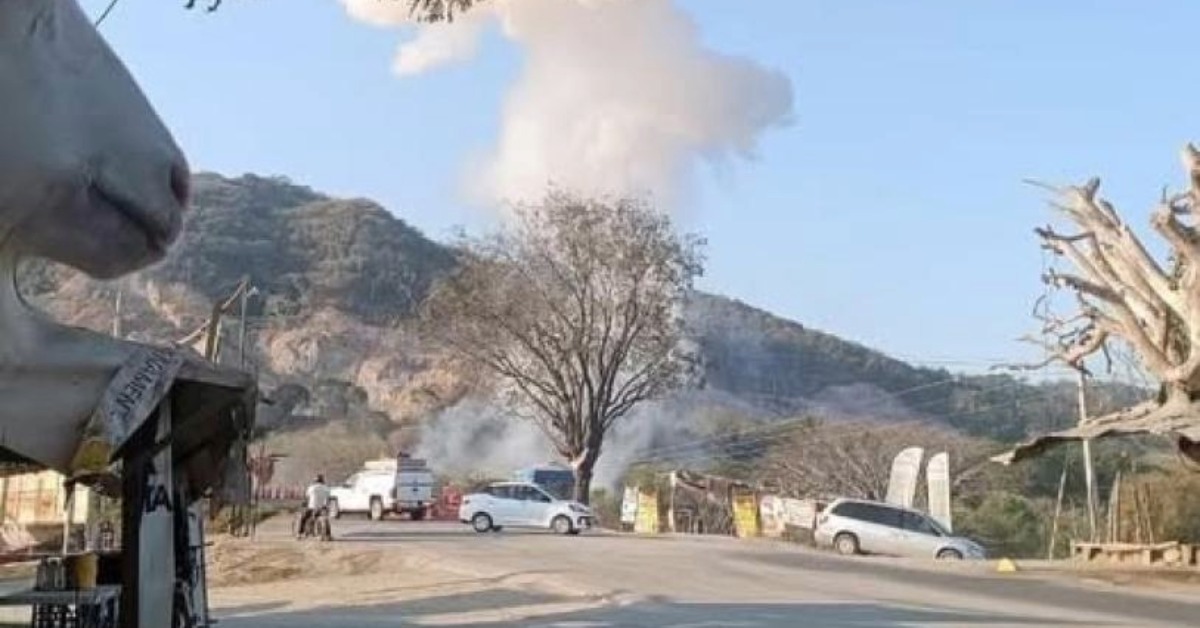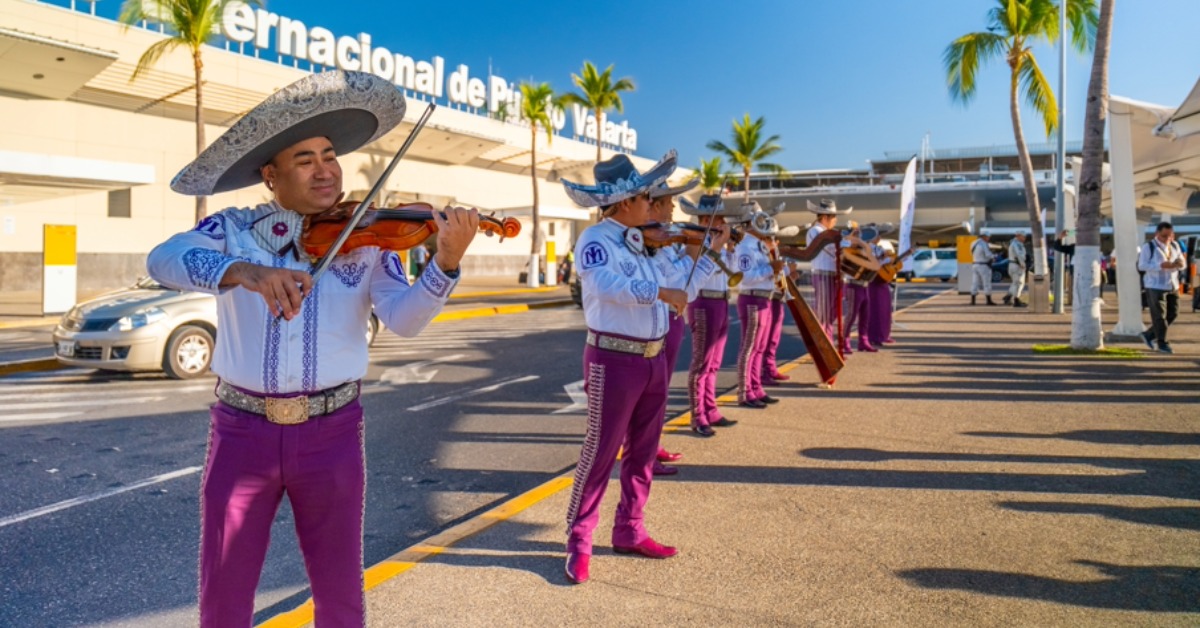The Mayan Train, a government megaproject with private participation seeks to promote development and tourism in five states in the southeast of the country. Human rights specialists warn that it would jeopardize the guarantees of the original communities to the land, natural resources, and the environment. And they ask that these peoples be included in decision-making.
Nine special rapporteurs and a UN human rights working group warned this Wednesday that the Mayan Train could endanger the rights of indigenous peoples and other communities to land and natural resources, cultural rights, and the right to a healthy . . .






